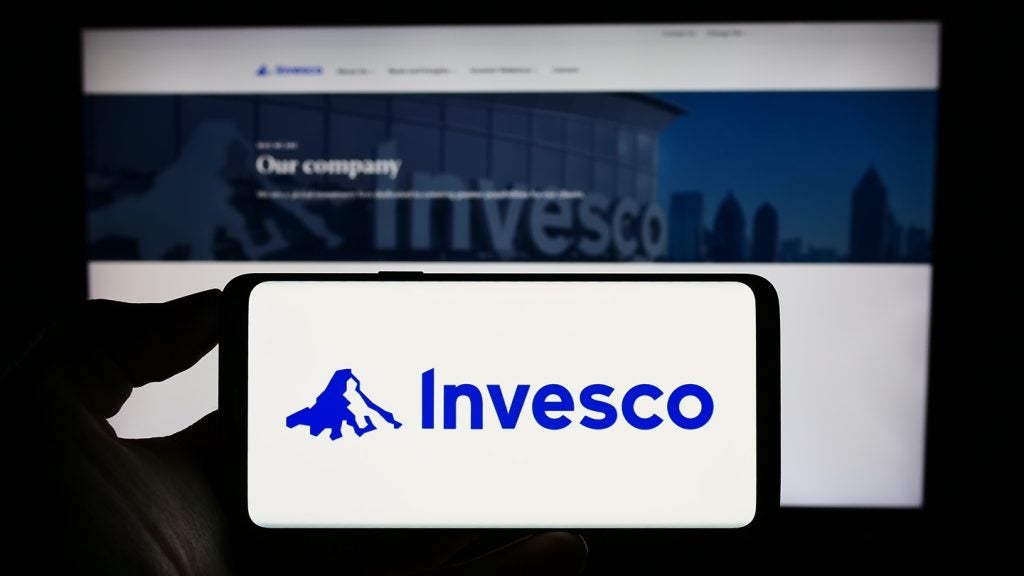The $2.3bn rogue trading scandal engulfing UBS
is unlikely to push the bank into ring-fencing its private client
arm but could speed up the downsizing of its investment division,
an S&P Capital IQ equity analyst predicts.
S&P analyst Frank Braden said the rogue
trading incident could lead the Swiss bank to have a greater focus
on its wealth management division.
“I don’t anticipate they’ll take a major leap
to split up the investment banking and private client arm or make
larger separations,” he said.
“I still think there is a benefit in having
the universal banking arm and servicing private wealth
clients.”
Right-sizing the investment
bank
How well do you really know your competitors?
Access the most comprehensive Company Profiles on the market, powered by GlobalData. Save hours of research. Gain competitive edge.

Thank you!
Your download email will arrive shortly
Not ready to buy yet? Download a free sample
We are confident about the unique quality of our Company Profiles. However, we want you to make the most beneficial decision for your business, so we offer a free sample that you can download by submitting the below form
By GlobalDataBraden said there would have to be greater
risk management at UBS and downsizing of their risk positions but
he did not expect them to exit a lot of businesses.
The comments come after the London-based
investment banking business of UBS confirmed it lost $2.3bn in a
series of unauthorised transactions by UBS trader Kweku Adoboli
over a three-month period, $300m more than its original
estimate.
“Mostly [the bank’s] focus will be on what is
the [size] that they need in their investment bank to successfully
service their private wealth clients and not take excessive risks,”
said Braden.
“I think banks across Europe will run into
this issue with increasing regulation, they need to pick their
niche markets, invest in that and run more of a bare bones
structure in other operations,” he added.
Strong tier one capital
backstop
“I think you’ll see more investment banks
doing the same thing that this scandal is forcing UBS to do,”
Braden said.
“In some ways it can work out well for UBS as
it is putting them ahead of the curve a bit. But of course the
reputational damage is a different story,” he added.
Braden said UBS is fortunate it has a strong
capital position with a core tier one capital ratio of 16.1% at the
end of the second quarter, well above its Swiss rival Credit Suisse
with 13.1%.







